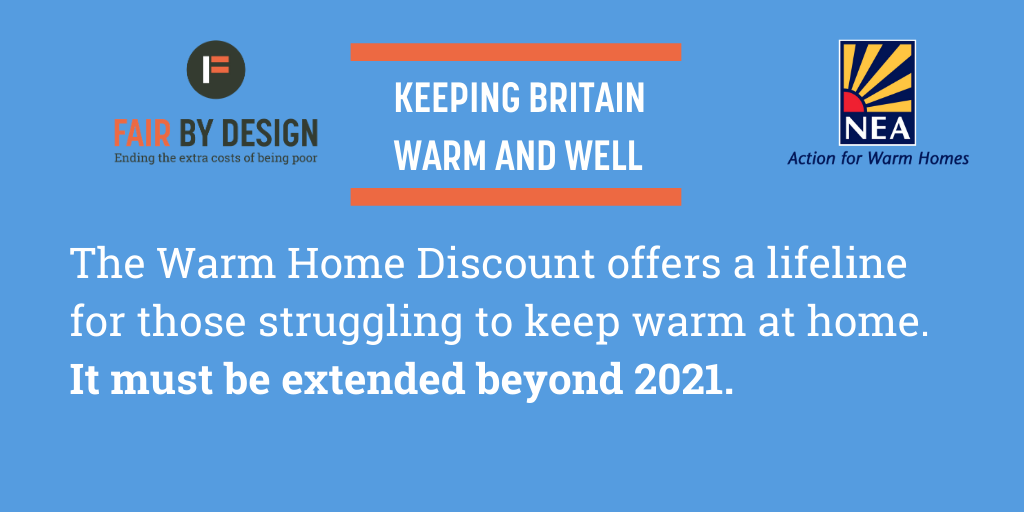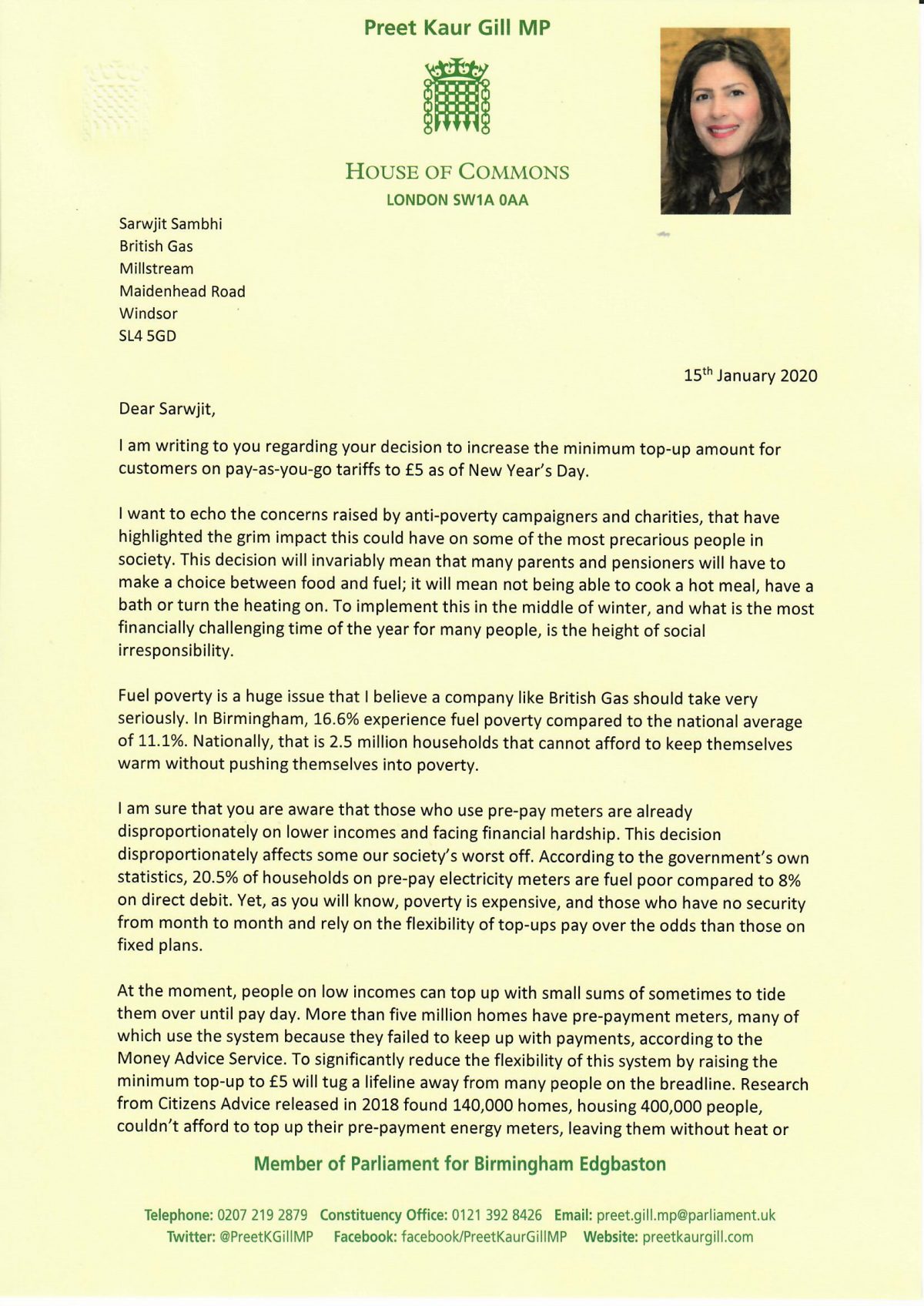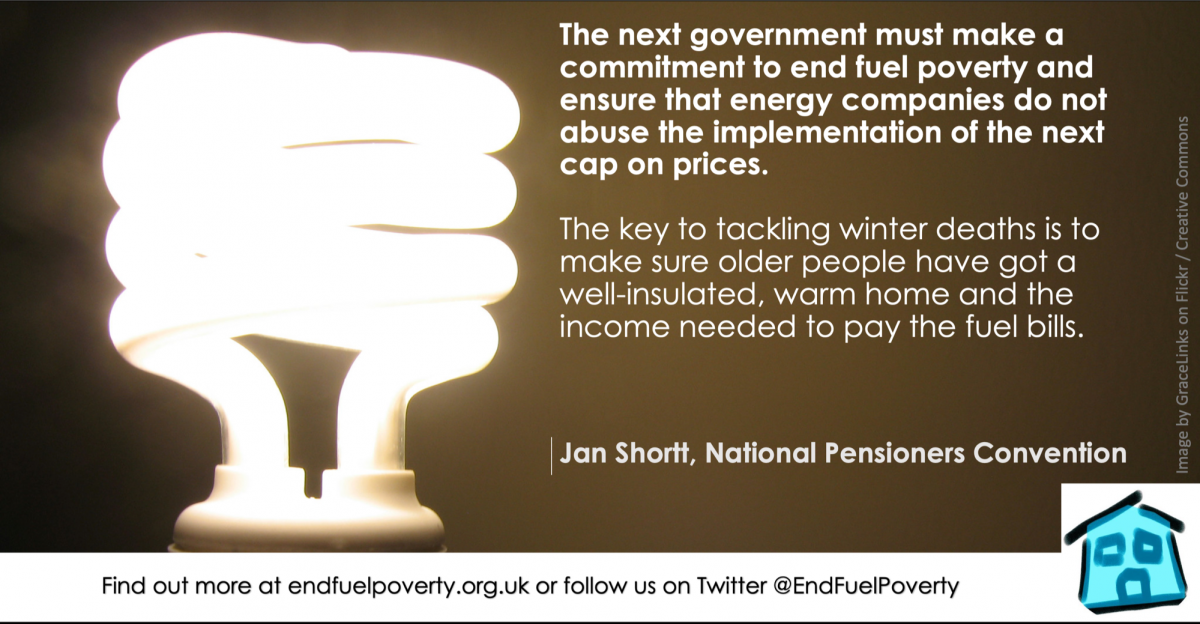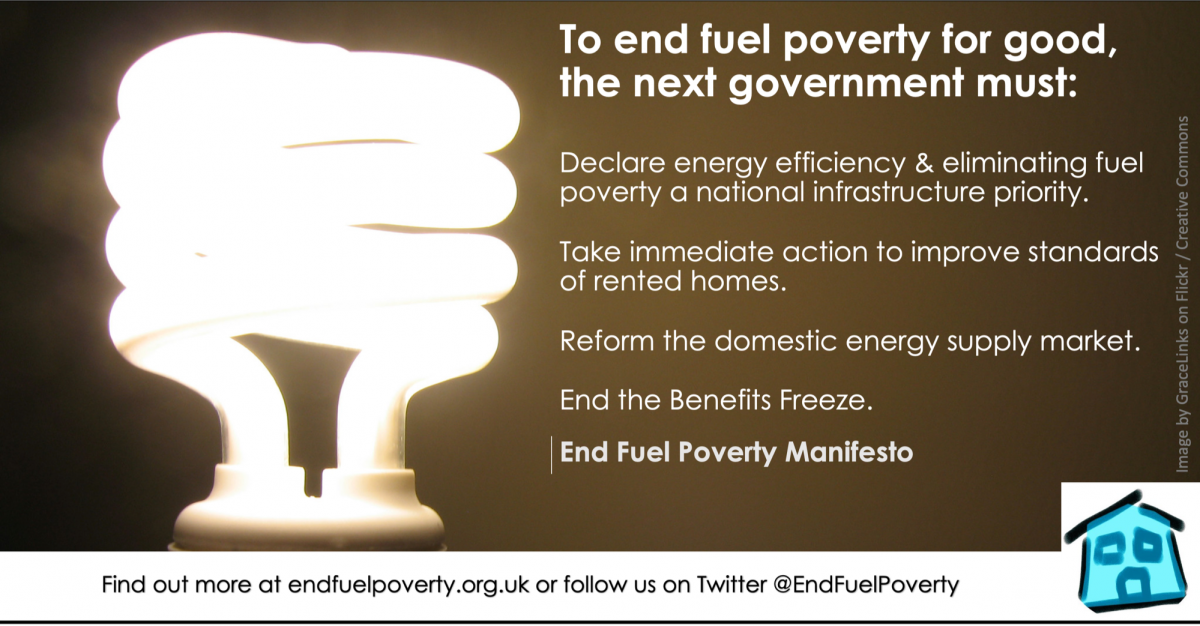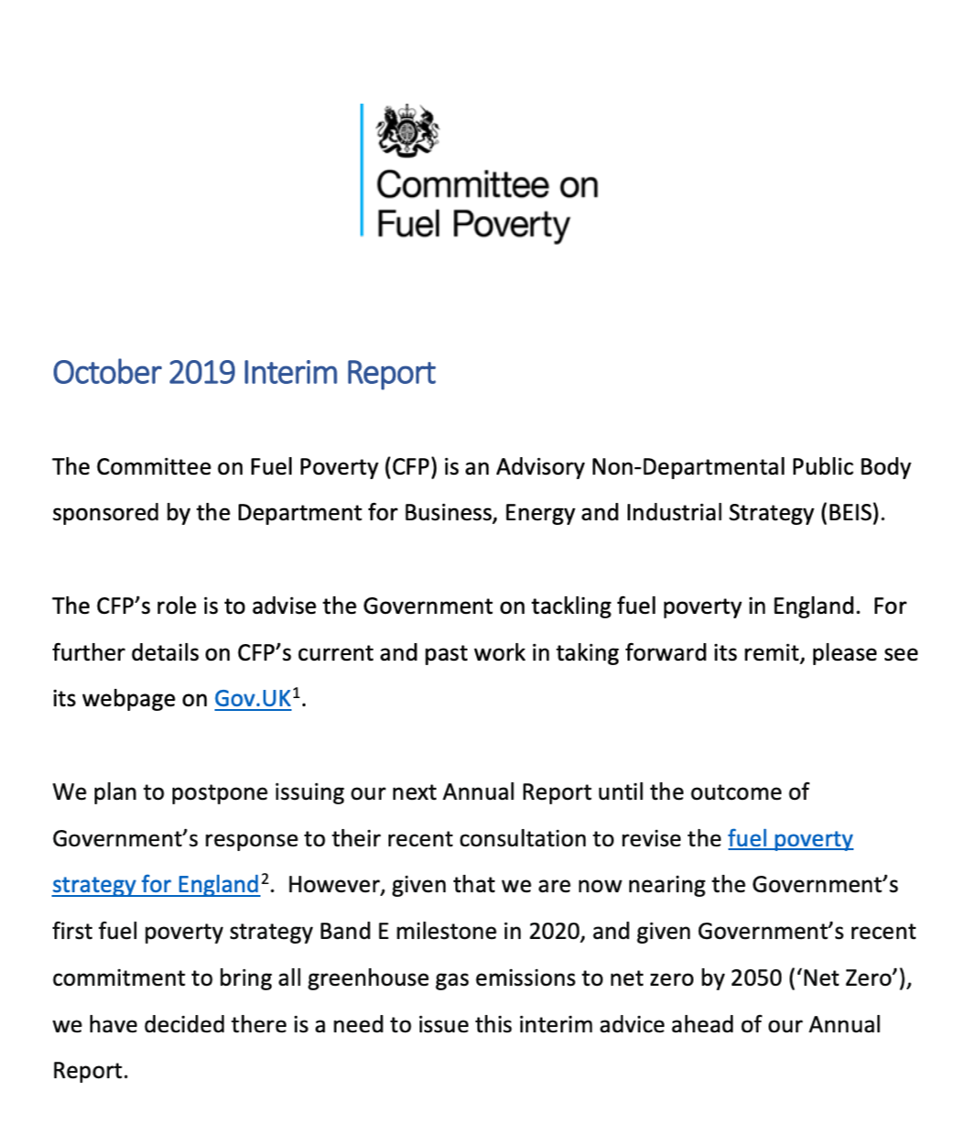New emergency measures have been agreed to protect the domestic energy supply of those most in need during the disruption caused by COVID-19.
From 19 March 2020, customers with pre-payment meters who may not be able to add credit can speak to their supplier about options to keep them supplied. This will benefit over 4 million customers.
This could include nominating a third party for credit top ups, having a discretionary fund added to their credit, or being sent a pre-loaded top up card so that their supply is not interrupted.
More broadly, any energy customer in financial distress will also be supported by their supplier, which could include debt repayments and bill payments being reassessed, reduced or paused where necessary, while disconnection of credit meters will be completely suspended.
Customers that are unable to top up their pre-payment meter are advised to contact their supplier immediately to discuss how they can be kept on supply.
Ofgem recommends consumers leave the meter box unlocked if they need someone else to top up the meter.
Smart meter customers should be able to top-up remotely, such as by phone, mobile application or online.
The government and energy industry have agreed to prioritise those existing customers most in need, while identifying customers whose circumstances may have changed as a direct or indirect result of COVID-19.
In addition, Ofgem has published full guidance on COVID-19. It states:
The government has also launched an emergency package with energy suppliers to ensure you don’t face any additional hardships in heating or lighting your home during the coronavirus outbreak. If you are struggling with money problems or are repaying a debt, options will include:
- reviewing bill payment plans, including debt repayment plans
- payment breaks or reductions in how much you pay
- giving you greater time to pay
- in some cases access to hardship funds
No credit meters will be disconnected during the outbreak.
If you think you can’t afford to pay for any extra gas or electricity used because you’re having to self-isolate at home, support will be available through your energy supplier. Your supplier must take into account how much you can afford, and will explain your options.
For further general advice on household energy bill support, see our guide Who to contact if it’s difficult paying bills.
Information on the employment and financial support announced by the government on 20 March is available on GOV.UK. This includes the Universal Credit, Employment and Support Allowance and your rights if your hours are cut or you are laid off.
Chief Executive of Citizens Advice, Dame Gillian Guy, said:
This is an uncertain time for many people. Energy suppliers need to play their part by communicating clearly and supporting their customers as much as possible. Keeping people on supply, making sure they have warm homes and don’t face additional financial or other stresses about their energy supply will be essential.
The measures set out and agreed will be implemented immediately by energy suppliers to alleviate pressure on energy customers. Citizen’s Advice has published guidance to energy suppliers on best practice.
Chief executive of Energy UK, Audrey Gallacher, said:
The sector is very conscious of the potential consequences for customers confined to their homes for prolonged periods and in particular those customers in vulnerable circumstances or on prepayment meters who may need additional help.
Suppliers will be doing all they can to identify such customers and provide additional support wherever possible.
Ofgem will continue to ensure suppliers meet their regulatory obligations.
You can read about National Energy Action’s response to this announcement on their website.



